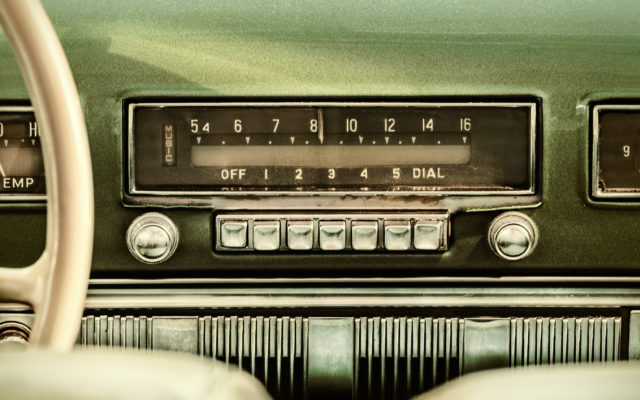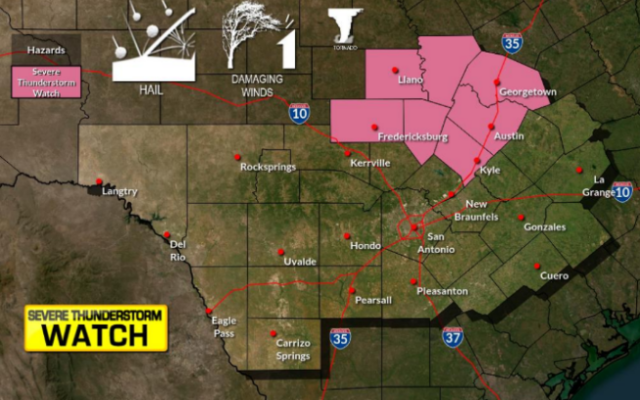“I Don’t Care How You Feel. I Care About How You Sound On My Radio Station”

You learn excellence from excellence.
“Free college” misses the point. You need mentors who don’t spare your feelings.
Case in point, one of the little radio anecdotes I told you the show yesterday, in honor of the specious “National Radio Day”.
Back in the mid-’80s, while I was in college, I was working a series of parttime radio jobs, wherever I could get hired and however I could shoehorn them around my class schedule.
One day, I drove out to Worcester, MA for an interview with the program director for WXLO-FM. The boss, Mike Osborne, also did the morning show on WXLO and was a well-known D.J. in and around Boston.
He hired me to host a Saturday afternoon shift, which was probably the least important timeslot. Meaning: it was a good place for me to start, and a good place for Mike to place a very green radio guy.
I soon got a taste of what radio calls “aircheck sessions”. An aircheck is the recording of your show, just the parts with you talking, no music or commercials. In music radio, a five hour on-air shift would have a pretty short aircheck, since you don’t talk much in a music format.
Such sessions were standard in the industry for fulltime D.J.s, but less so for parttime guys. Didn’t matter. Mike would command your presence, I would drive the trusty ol’ Chevy Malibu out there for…a humiliation.
You see, this guy had exacting standards for how you intro’d a song, delivered a weather forecast or ran an on-air contest. He wanted you to sound tight, upbeat, smart and not waste a word getting back to the “best music!”
He’d stop and start the tape with acid criticism. “What were you thinking?!”
“Why on earth did you say that?!”
“Here’s how to do that better!”
Or just shake his head in disgust.
I hated him for it at the time. I thought I was pretty hot bleep already, and he was shaking my confidence. “Why does this guy have it in for me?”
Later, though, I realized two things:
One, he wouldn’t have bothered to meet with me if he didn’t think I had potential. It wasn’t Saturday afternoon he was concerned about.
Two, he was hard because it takes a hard blow to shatter a young person’s illusions of how special they are. We now call this “snowflakery”.
I wasn’t very good, but Mike thought I could be better. And largely because of him, I got better. And did move upward and onward.
When you’re young, you don’t just need classes. You need schooling. A mentor. “Apprenticeship” is a word we need to bring back.
And, you need to hear the truth: when you’re not very good, or very special, or not doing it right, you need to hear that bluntly.
Hear it. Let the words hurt. Then, put them to work.
If Mike Osborne had spared my feelings, I would’ve missed so much.
You Might Also Like



